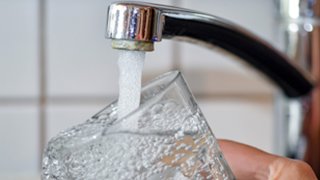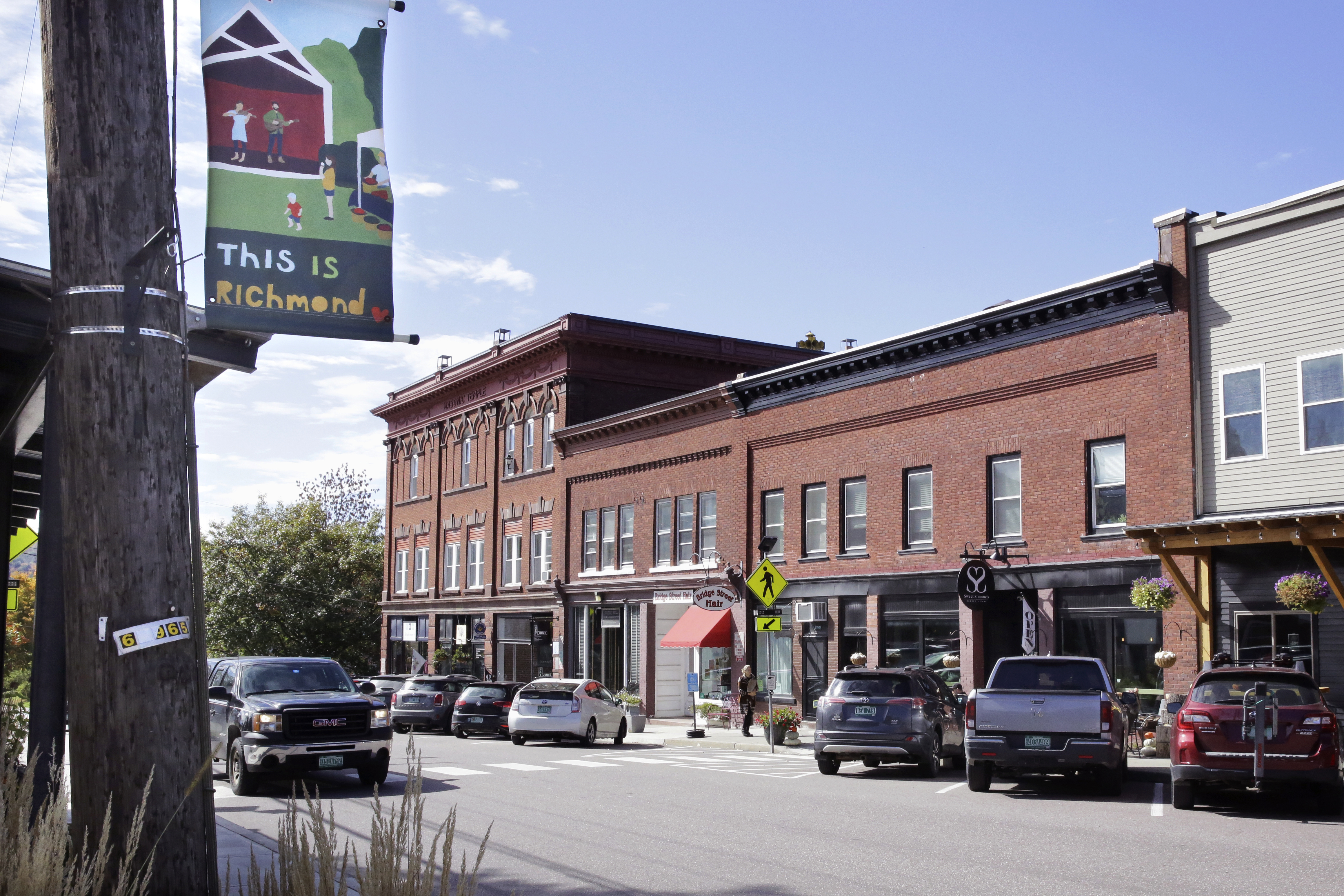
For the next three months, much of the Boston area's water won't be fluoridated while the Massachusetts Water Resources Authority replaces equipment that adds the tooth-strengthening mineral to the water supply.
Fluoride has been added to public water supply for decades, and it helps cut down on cavities by about 25%, according to the federal government. But this "short-term shutdown," as the MWRA called it, won't put locals' teeth at risk, the agency said Tuesday.
"MWRA has worked closely with the Massachusetts Department of Public Health on this issue. While fluoride is important for dental health, health officials believe that this short-term shutdown will not pose any risk to dental health and will not require any special action by consumers," the MWRA said in a statement.
Fluoride will not be added to MWRA water for up to about 90 days starting in March, allowing the utility to replace equipment parts that fluoridate the water. Both the Department of Public Health Oral Health Office and the Massachusetts Department of Environmental Protection signed off on the temporary shutdown at the John J. Carroll Treatment Plant in Marlboro, according to the MWRA.
Get New England news, weather forecasts and entertainment stories to your inbox. Sign up for NECN newsletters.
Fluoride, a common mineral, has been added to the Boston area's water since the 1970s as part of common water treatment.
Drinking water with fluoride in it strengthens teeth and prevents cavities, preventing about 25% of them, according to the U.S. Centers for Disease Control and Prevention. The state- and local-controlled process is safe and saves money, and is recommended by major health institutions like the World Health Organization and American Dental Association.
Read more about the MWRA's fluoride program here.
The MWRA serves about 3.1 million people in the Boston metropolitan area and parts of MetroWest, including Boston, Somerville, Framingham, Quincy, Newton, Chelsea and Brookline.



